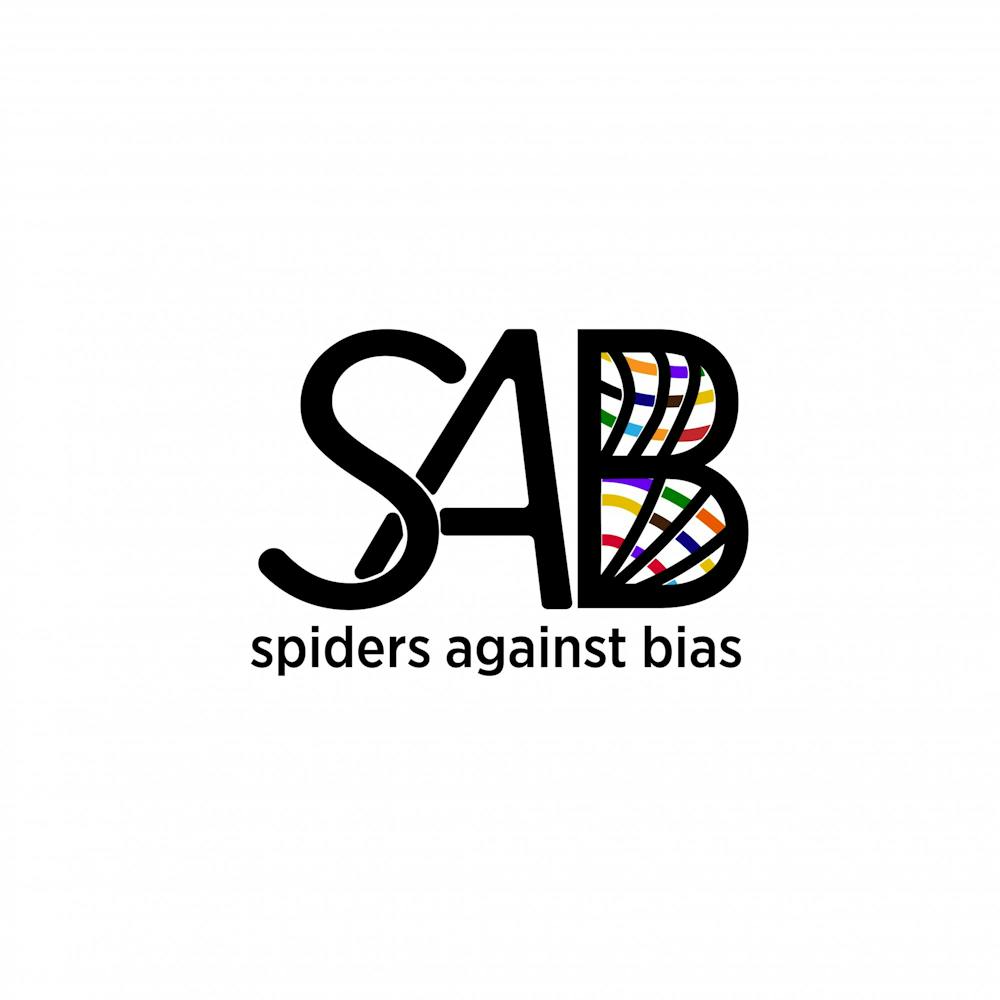Editor's note: Confidential sexual assault resources for UR students include CARE Advocates, which can be reached at advocate@richmond.edu or 804.801.6251; Peer Sexual Misconduct Advisors (PSMA), at psma@richmond.edu or 804.346.7674; CAPS, at CAPS@richmond.edu or 804.289.8119; Virginia LGBTQ Partner Abuse and Sexual Assault Helpline (24/7), at 866.356.6998; Greater Richmond Regional Hotline (24/7), at 804.612.6126; National Sexual Assault Hotline (24/7) at 800.656.HOPE.
Students at the University of Richmond will be able to rely on a group of confidential student-responders after an incident of bias starting next semester.
Juniors Penny Hu and Arju Patel created Spiders Against Bias to help students impacted by any kind of prejudice or discrimination against their identity feel heard and provide them with other resources available, Patel said.
The program will be in operation Sundays through Thursdays from 6 p.m. to 12 a.m. and Fridays through Saturdays from 8 p.m. to 2 a.m. However, if a bias incident occurs on campus -- such as the antisemitic and white supremacist symbols found on campus last month -- SAB will extend its operational hours, Patel said. All students are welcome to use SAB as a resource no matter what type of bias they encountered, Patel said.
Hu and Patel started working on SAB a year ago after they met with staff from the Student Center for Equity and Inclusion to discuss how to encourage and support students who have dealt with bias on campus, Patel said.
Listening to individual students instead of the community as a whole was essential to Patel because that is where the gap of resources lies, he said. The long-term goal of the program is to address how the UR community can prevent incidents of bias from happening in the first place, Patel said.
“Richmond is a school that I don't think has done a good enough job of preventing bias,” he said. “So, we’re finding ways where we can help students after the fact, but also trying to shift campus culture where we don't tolerate things like this.”
Hu and Patel drew inspiration from Peer Sexual Misconduct Advisors, a group of student-responders trained in Title IX and emotional support procedures, Patel said. Similar to the PSMAs, members of SAB will be responsible for answering emails, texts and calls on a designated phone for the program during their shift, he said. The only cases Patel said SAB responders would not be able to handle are events related to sexual harassment or sexual assault, which would be referred to the PSMA or the Title IX office.
Olivia Podber, a senior and co-leader of PSMA, said she was happy to see the influence the PSMA program has had on campus in sparking ideas for other peer-support groups.
Patel said SAB would respond to seemingly trivial incidents where a student is not sure if they were discriminated against.
“With a microaggression, sometimes you don't even know if it happened,” Lisa Miles, associate director of SCEI, said. “Sometimes, you're wondering what someone meant, and it's just sitting with you, uncomfortably, and you need someone to kind of talk it out with.”
Patel credited Miles and Amber Livingston, a Counseling and Psychological Services doctoral intern, with assisting in the development of SAB.
Enjoy what you're reading?
Signup for our newsletter
Livingston helped develop training focused on identity and the psychology behind bias, she said. She decided to collaborate with SCEI on this project because of her encounters with bias when she was an undergraduate student at a predominantly white institution.
"Something that I'm really wanting to see for the student body is maybe decreasing the normalization of microaggressions, as opposed to it being seen as 'Oh, yeah, it's just a normal part of being a person with marginalized identities' when it doesn't have to be that way," she said.
Applications for student-responders are open until Dec. 15. The application consists of a written section of open-ended and short answer questions and a self-evaluation of abilities. Patel said students would not be judged based on the self-evaluation responses. Resident assistants will be able to apply as all incidents reported will be confidential.
“I hope the leaders gain more understanding of different identities [other than their own], because they may choose to become a leader because they've understood a certain type of discriminatory speech,” Miles said. “But they may not understand how that lands for someone with a different identity.”
Before becoming responders, students will complete training from different UR offices such as Title IX and the University of Richmond Police Department, Miles said. The training will focus on showing peer-responders what each campus resource — such as the deans or the Bias Response Team — has to offer, Miles said.
As the co-leader of PSMA, Podber said she hoped SAB and PSMA could collaborate in the future and encouraged students to apply to the group.
“Joining an organization like Spiders Against Bias will have such a deep impact on our campus community and [SAB student-responders'] work will definitely make a difference,” she said.
Miles said that SAB would help alleviate the biases that arise from bringing people with different backgrounds to one college campus.
“Any time you bring people from all over the world, from vastly different backgrounds, you're gonna have people who don't understand each other well enough to always be kind,” she said. “So, there's no reason that the institution can't put something else into place that is very student-focused to help with that.”
Contact editor-in-chief Jackie Llanos at jackie.llanoshernandez@gmail.com
Support independent student media
You can make a tax-deductible donation by clicking the button below, which takes you to our secure PayPal account. The page is set up to receive contributions in whatever amount you designate. We look forward to using the money we raise to further our mission of providing honest and accurate information to students, faculty, staff, alumni and others in the general public.
Donate Now



